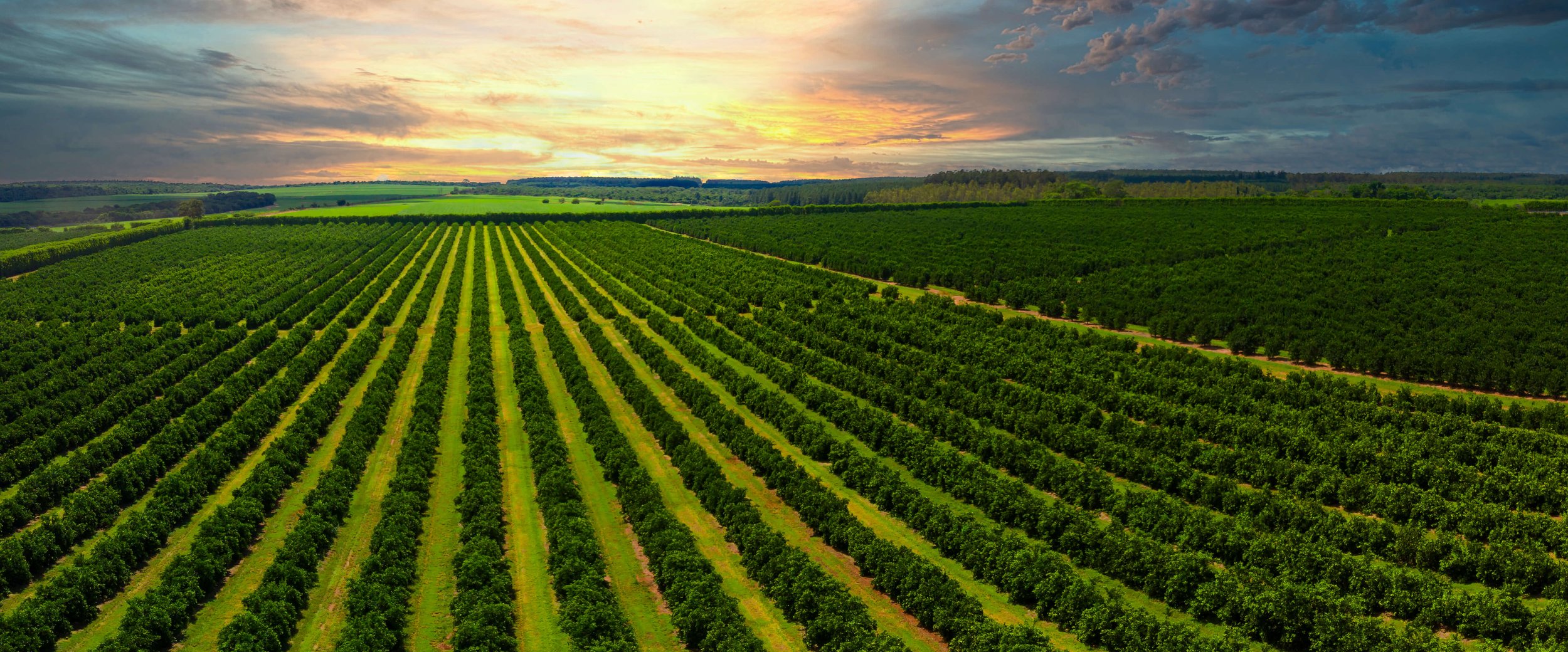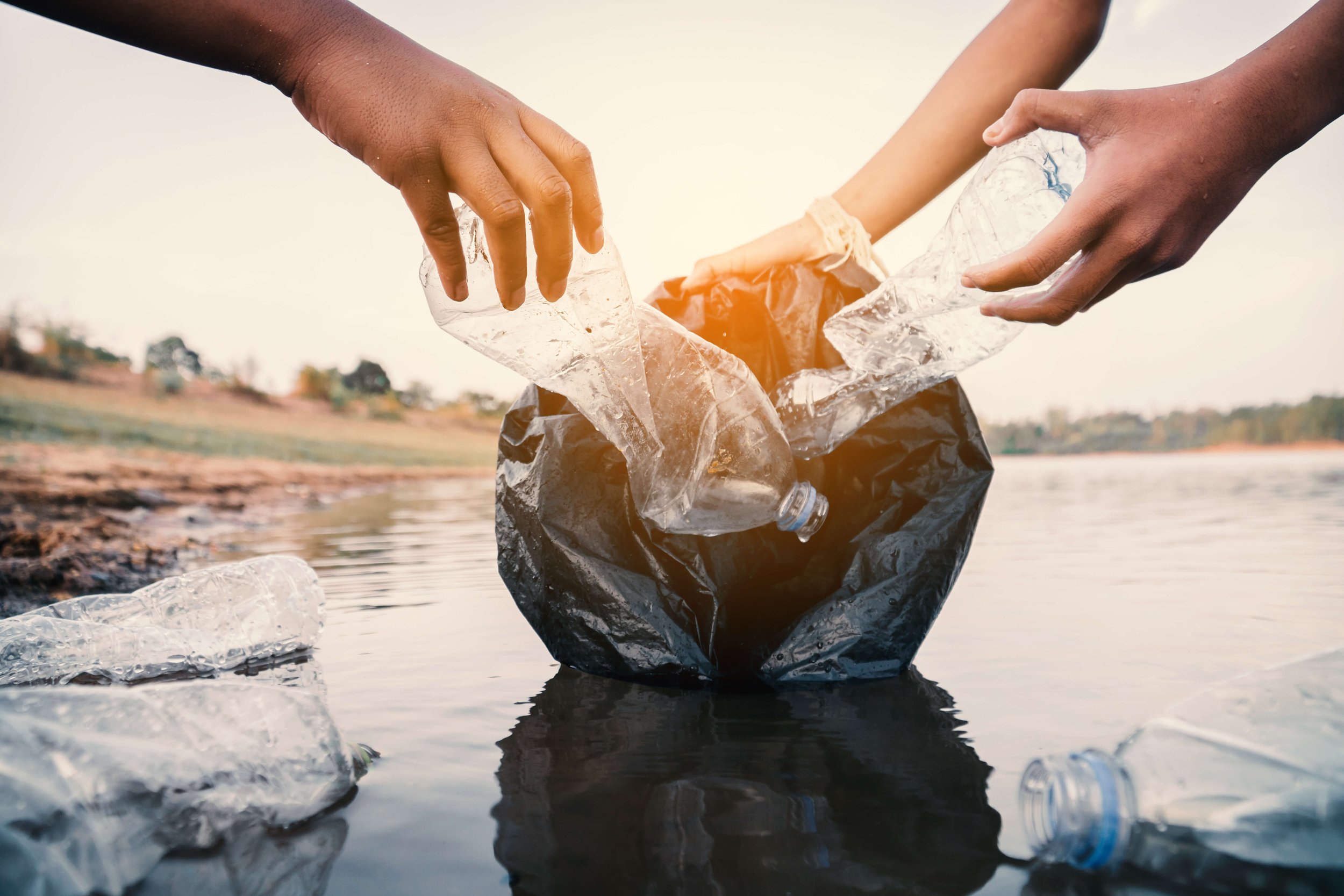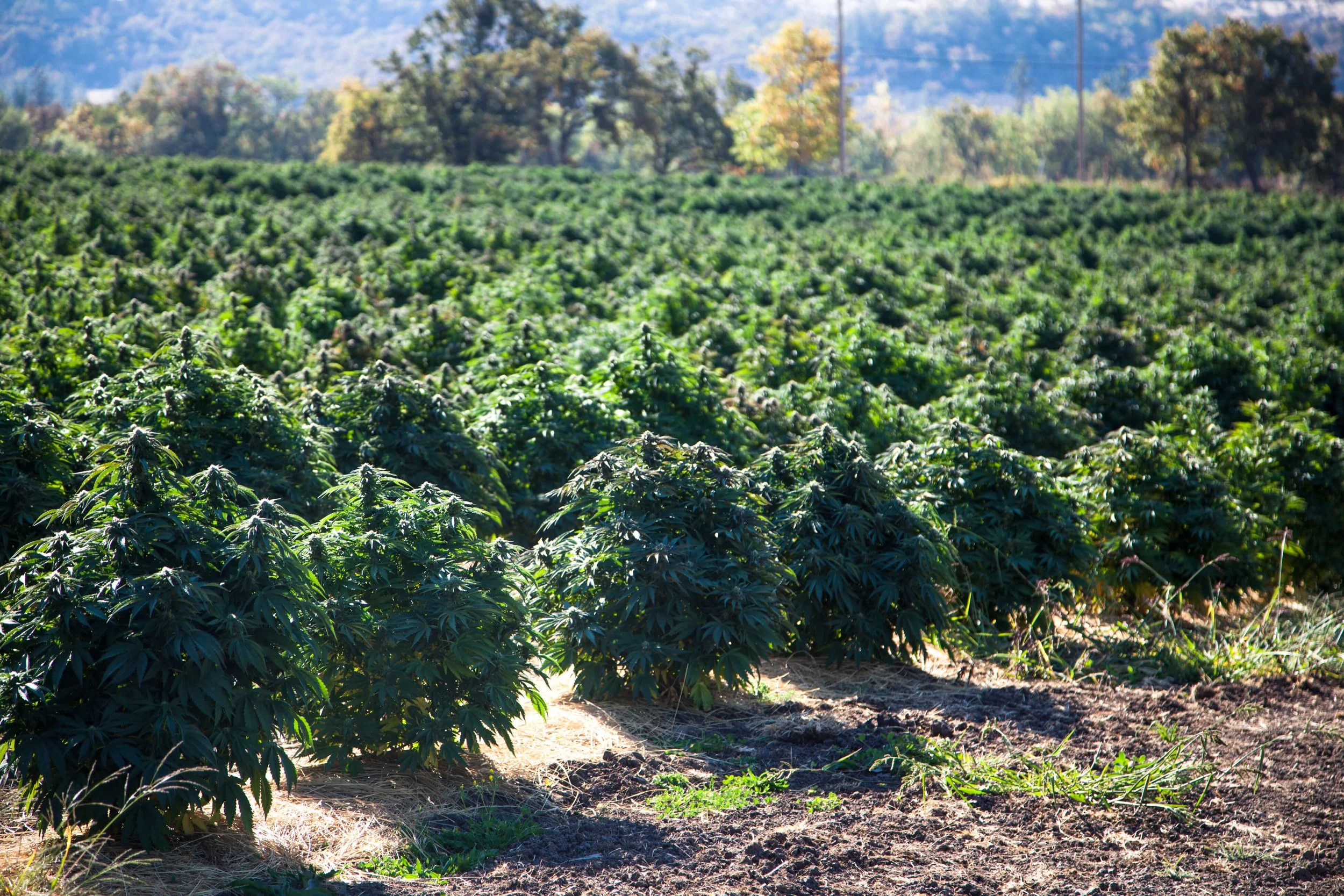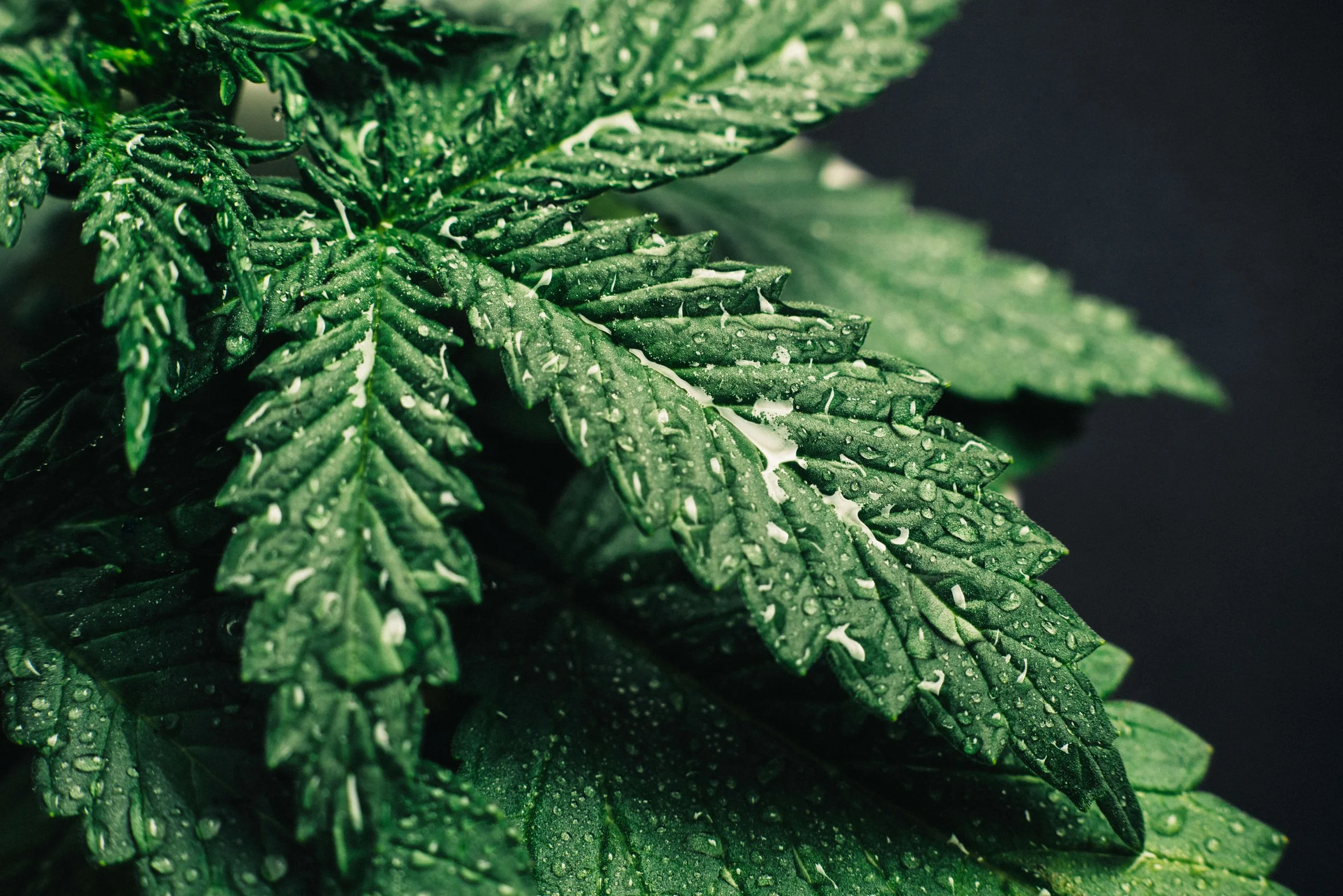
Earth-Care
Enagic’s® Water Ionizing Technology is the Future of Agriculture
“We are the first generation to feel the effect of climate change and the last generation who can do something about it.”
Barack Obama

Enagic’s® Water Machine Recommendations for Agriculture
Mold & Pesticides
-
2.5 pH:
Water rich in hypochlorous acid and sodium hydroxide can replace pesticides & fungicides by killing russet & broad mites, spider mites, thrips, aphids, fungus gnats, flies, slugs, mosquitoes, ants, fleas, and mitigates powdery mildew, fusarium, stem rot, botrytis, as well as other molds.
-
11.5 pH:
Emulsifies oil in water, making natural pesticide alternatives, such as sesame oil, tea tree oil, and neem, more effective when applied on crops
-
11.5 pH & 2.5 pH:
Can be used to take off smoke or other particulates from plants before harvest
-
Some herbal and food produce do not allow pesticides or fungicides past week four of blooming. Our water technology allows you to treat your plants up until harvest!
Germination
-
2.5 pH:
Soak seeds & dip cuttings into 2.5pH to sterilize any pathogens, diseases, or viruses before and during rooting
-
6.0 pH:
Used for germination & rooting to encourage increase penetration, sprouting, elongation of roots, and plant growth.
-
6.0 pH:
Hydroponics thrive in 6.0 water, which increases the health of the roots and plant vigor
-
11.5 pH:
Seeds can be soaked in 11.5 for 30 minutes to increase the speed at which they sprout
Nutrition & Uptake
-
Kangen Water® Machines customize sensitive pH requirements for peak performance for some plants which results in increased bioavailability & nutrient uptake, as well as optimized plant functions.
-
Kangen Water® Machines allow farmers to naturally and organically control the level of pH in the water to improve the overall health of a plant and garden without adding chemicals and salts.
-
When water passes through the titanium plates of our water technology systems, it is separated through a process called electrolysis which splits the atoms apart and creates two types of water microclusters.
Smaller micro clustering of water is absorbed much more readily by plants or the body by easily passing through cell membranes to increase the bioavailability of water and fertilizers which allows hydration to occur more quickly allowing plants to grow stronger.
-
Through effective hydration, anti-oxidants, ORP value, and higher bio-availability of fertilizers your plants will be more resistant to disease.
Sustainable Living
-
Lasting 25 - 40 years, with minimal maintenance, our water machines are an immediate solution to slow global warming and climate change.
The interior plates are medical-grade solid Titanium plates dipped in medical-grade Platinum, i.e. over 95% purity. This is extremely important in ensuring long life and preventing metal toxicity. 95% pure Platinum does not react with water, unlike alloys....
Titanium has high conductivity without toxicity so you get the best results
-
Kangen Water® Machines allow you to run your farm more efficiently without the use of toxic chemicals; resulting in less feeding, less foliaring, and harvesting a cleaner end product for a higher value.
-
Utilizing this cost-effective machine saves you money by buying fewer nutrients, cleaning products, pH balancers, foliars, pesticides, fungicides, flushing agents, sterilization, and cloning products
-
Offset your carbon footprint, and decrease pollution, waste, climate change, and toxins in your garden while protecting rivers, natural watersheds, enliven topsoils, and save wildlife and insects by eliminating toxins in your regiment.

“If you really think that the environment is less important than the economy, try holding your breath while you count your money.”
Guy McPhersonOur Solutions for Global Problems
Plastic & the Environment
-
Over one million single-use bottles are purchased every minute, resulting in over half a trillion water bottles used yearly. 86% never make it to a recycling facility, becoming garbage or litter, taking 1,000 years to breakdown.
Plastic produced today not only threatens the health of future generations environmentally but often contains chemicals BPA and phthalates, which are proven to be hazardous to human health and are acidic containing little to no oxygen.
Bottled water takes between 17-24 million barrels of oil each year to produce the plastics, and uses 3 times more freshwater than the actual container holds for the process.
-
By greatly reducing your consumption of plastic bottles, you are able to increase your carbon offset a million times over. By bringing as many uses of our machine in-house, you are able to dramatically increase your role in reversing climate change, and decreasing pollution, and waste, while protecting our natural resources and wildlife.
When ordering one of our machines, we offer a complimentary custom BPA & BPS free water bottle to give you a jump start on your journey!
Top Soil & Agriculture
-
Soils are dynamic living bodies that require air to breathe and water to absorb to stay alive. Healthy soil is also the foundation of sustainable agriculture, with topsoil being the most productive soil layer, consisting of organic matter, minerals, and nutrients.
In less than a small handful of healthy soil, there are more living organisms than there are people on the planet. Five tons of topsoil spread over an acre is about 1 and a half millimeters thick, with natural processes taking approximately 100 to 1000 years to form one inch of topsoil, depending on conditions.
Unfortunately, healthy soil life is in grave danger, considering the amount of harmful chemical poisons that are being used in global agriculture to control pests and the lack of U.S. regulations.
-
Through utilizing Enagic’s® Water Machines topsoil can be rebuilt exponentially faster than traditional agricultural farming methods, reverse osmosis water, or filtered water.
Through the introduction of antioxidant-rich water combined with custom pH to balance the soil and increase nutrient uptake, our water technology restores dying or non-existent topsoil, increasing microorganisms, and beneficial bugs, and composting plant matter for a healthy ecosystem.
This exponentially reestablishes the topsoil we need to decrease climate change.
Chemicals & the Environment
-
Chemical contaminants are toxic to plants and animals and are found in waterways, soil, and the air we breathe and affect the delicate balance of the Earth's ecosystems.
Agriculture and waste disposal have caused substantial soil & air pollution. The presence of heavy metals like cadmium, mercury, and lead affects soil quality and reduces the number of micro-organisms that support soil fertility. The largest source of pollution in the world is caused by sewage and garbage, which constitute approximately 80% of our planet’s total pollution.
Regulation of chemical pesticides lacks transparency and is unlikely to sufficiently protect farmworkers, natural watersheds, wildlife, and consumers from harm. Natural resources and wildlife are exposed to pesticides through residue on crops, water runoff contamination, and toxic spray drift from applications.
Grapes are among the most contaminated food products. They receive a higher dose of pesticides than almost any other crop due to the grapevine being extremely delicate and susceptible to disease and pest attacks.
A survey of pesticide residue in wine conducted showed that: out of 176 conventionally produced wine samples tested, 95% contained wine pesticide residue. In contrast, 41.4% of 70 organic wine samples tested contained wine pesticide residue.
-
Implementing the variety of uses that our water technology offers greatly reduces our harmful impact on the environment. By reducing carbon footprint, increasing soil health, decreasing environmental pollution, increasing immunity, and nutrient uptake, our machines are the future of agriculture.

Enagic’s® Kangen Water® Machines & Cannabis










